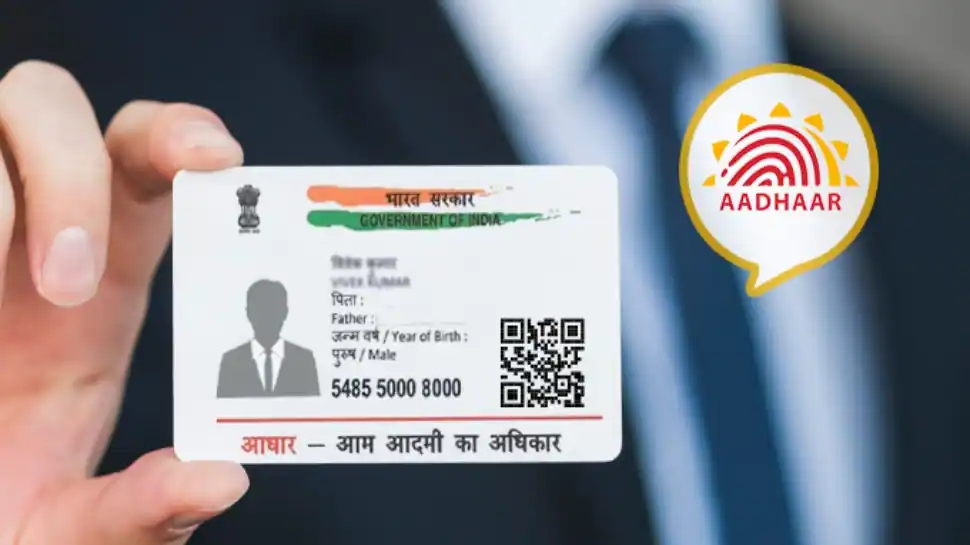Proper investment in digital infrastructure, political leadership and the quest for innovation are some of the parameters favoured for creating an ecosystem that facilitates the implementation of a digital government service delivery model.
This view is highlighted in the paper ‘Digital Government: Foundations for Global Development and Democracy’ written by senior fellows at the Brookings Institute, a non-profit public policy organization.
The report identified four building blocks necessary for digital government. They are
- a digital identity system,
- a data collection and management platform,
- a digital payments capability and
- core data registries.
According to the report, these factors could have come into play and account for why many developing countries such as India, Sri Lanka, and even Togo could respond effectively to the coronavirus outbreak by utilizing digital services to speed up the delivery of relief efforts.
Whereas developed countries like the United States, which sits atop both the wealth and digital pyramids, struggled with lengthy processes, including those involving payments using paper checks.
- India was able to transfer cash support to 200 million citizens using its biometric-based Aadhaar digital ID system.
- Sri Lanka tweaked its robust health information management platform to create a system to register and track incoming travellers from high-risk COVID destinations.
- Togo used an existing USSD-based platform to work with telecoms actors to create a digital cash transfer system within days.
The report cited.
“These examples illustrate the benefits of digital government service adoption in developing countries. With the right platforms, developing countries even have the potential to leapfrog some developed countries in government digital service provision. As the examples above demonstrate, countries that had spent the prior decade investing in digital infrastructure and skills had an easier time responding to the pandemic than those that did not,”
states the report.
The authors also discuss how the advent of the pandemic influenced the adoption of digital services and posit that such a ‘wake-up call’ should be capitalized on, namely by
“transitioning emergency systems into full-scale government service platforms and helping those without systems deploy open source digital public goods for a range of modern digital government services.”
The report identifies six principal components of digital government to further this aim, based on some core capabilities. They include digital infrastructure, digital literacy, digital data, communications and services, digital participation, digital institutions, policies and regulations, and digital security and rights.
It also looks at the conditions for the effective implementation of a digital government policy, among other issues.
Source:






Comments